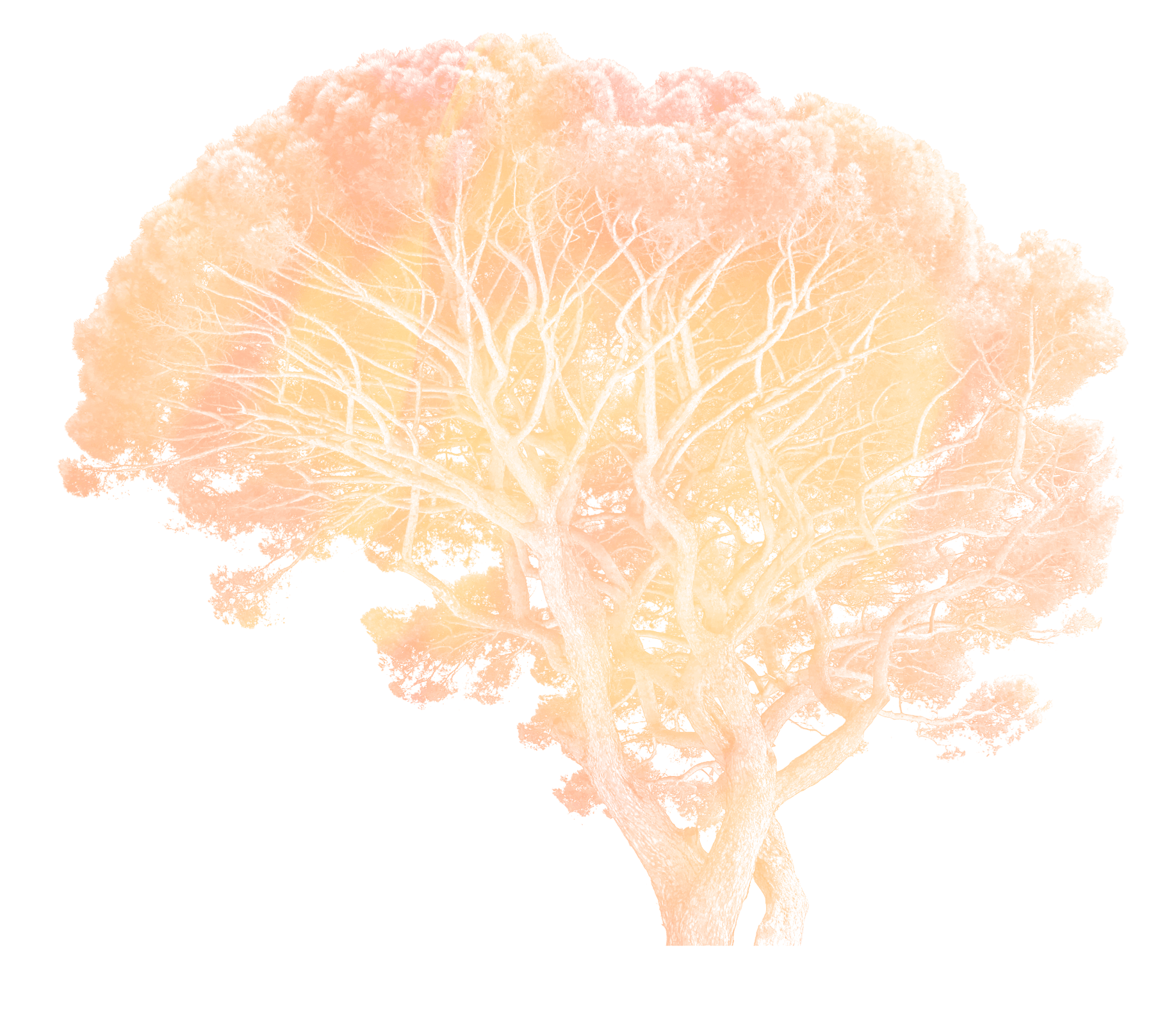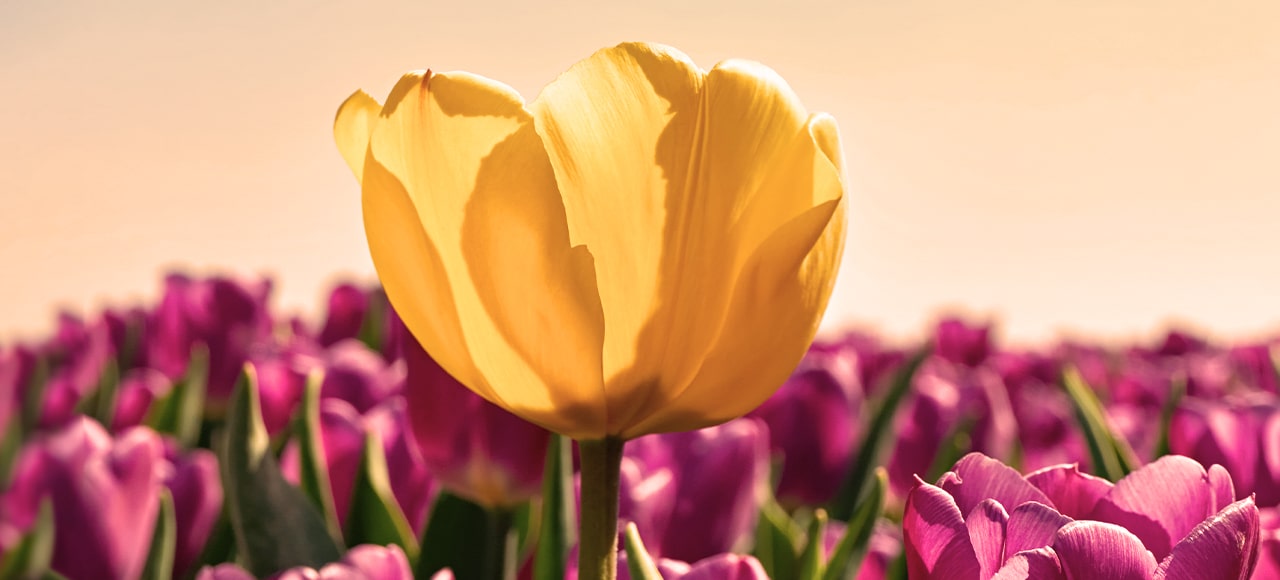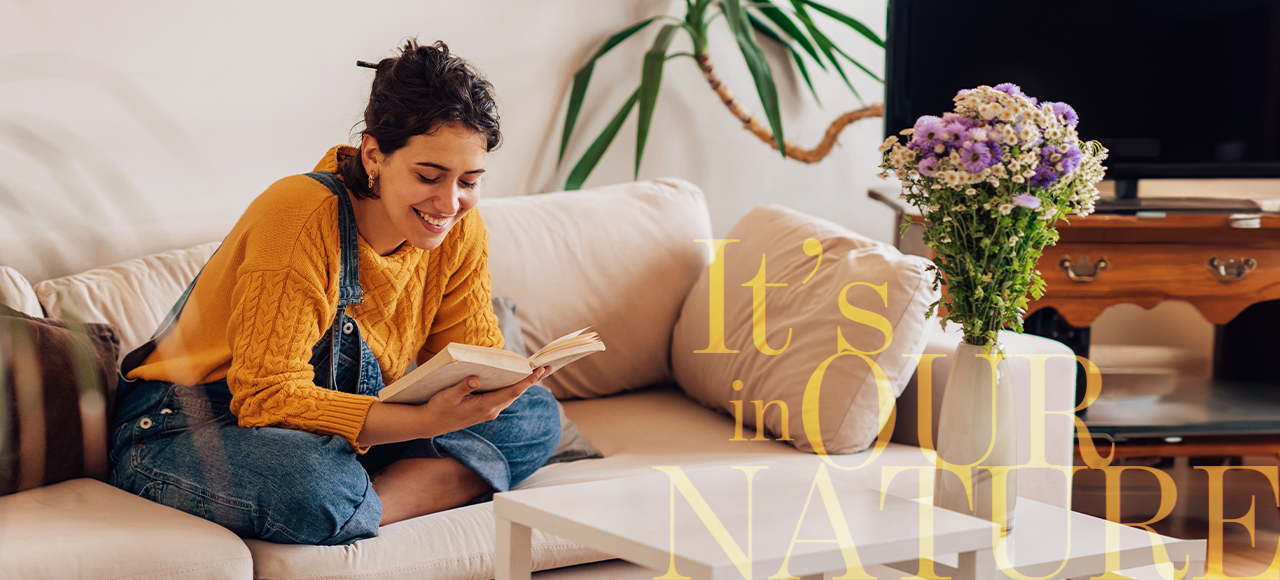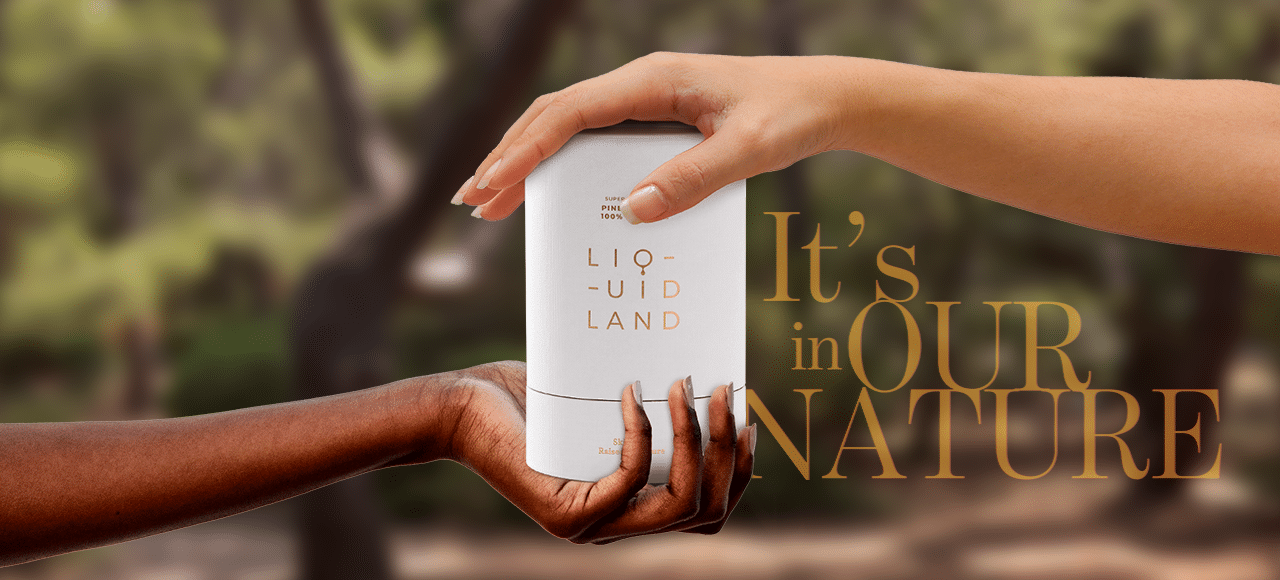Who am I? A reflection on our identity.



At many stages of our lives, we tend to question: others, our decisions, our routines, our essence, our identity.
“Who am I, really?”. “Am I authentic?”. The answer to these doubts can vary depending on the experiences. Every day we learn, grow, and evolve, even if this means leaving behind something that was part of us.
The identity
The identity of each individual is a universe, which unites diverse and profound factors.
Identity is formed by the set of experiences, memories, values, beliefs, and relationships present throughout life. These are considered internal factors that we can control.
On the other hand, there are many external factors that are beyond our control, but which nevertheless contribute to the construction of our identity: our ethnicity, the socioeconomic class we are in, or the nationality we were born with, for example.
There is a big difference between what we are and what we pretend to be. When we have difficulty accepting who we are, it is natural that an existential struggle with ourselves begins, often unconsciously.
Accepting the “present self” gives us a greater chance of achieving the “future self”.
The questioning of authenticity
Being authentic is a characteristic that differentiates us from everyone else. It determines, to a large extent, our mental well-being, because it makes us act according to our values and what we believe in.
There are various times in life when we seek this authenticity.
In adolescence and early adulthood we experiment with friendships, romantic relationships, hobbies, or jobs in order to find out what best suits ourselves and what we want to avoid.
By the middle-aged stage, and taking a broader view, our commitment becomes our family, religious beliefs, or career, for example. Here, too, there may be a need to look back, pondering the assertiveness of our choices: are they appropriate to our identity?
Finally, as we reach old age, it is time to analyze the choices we have made throughout our lives and whether we are satisfied with them.
The importance of being different
Being different has great value, and when we are at peace with this statement, we feel authentic. It is through our differences that we grow and can do something greater in the world. A well-known popular saying goes, quite simply, “If we all liked yellow, what would become of blue?”.
Being different also makes us more creative. The great minds of our world stand out for something they have in common: being different from their peers. Beyond this acceptance, these people teach us something very valuable: to believe in ourselves and to be resilient in achieving our goals and ideas.
Being different comprises a source of connection and belonging. When we feel different and we meet someone who feels the same way, it is easier for us to understand and be understanding, while of course accepting that person’s differences. We are able to understand the difficulties that existed in a certain situation and the inevitability of its closure. We are talking about the well-known and necessary empathy, which allows us to understand and be understood.
There is a source of motivation when we realize the differences of another, even more so when we identify with them. Our predisposition to help someone with whom we identify is much greater.
Sometimes, to overcome the difficulties that come to us, we need to adapt in order to be accepted. This adaptation may go against our values and beliefs, and if so, it is natural that our well-being and authenticity are compromised as a consequence of the loss (even if only momentarily) of our identity.
What is the trick? Accepting our differences and encouraging others to do the same makes us authentic. And, as we know, building our authenticity helps guide us in the ongoing creation of our identity.
If you liked what you learned in this article, we suggest you get to know the concept “Think positive”, which has become a curious and captivating way of being.
Sources:




